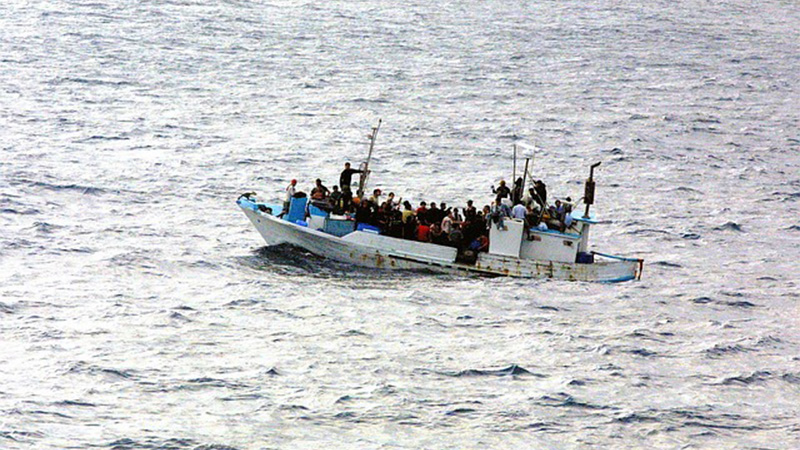Responses to sea migration and the rule of law
The Migration and Refugees Network & FRED Research Group, School of Law & Social Sciences, are pleased to invite you to the talk: "Responses to sea migration and the rule of law"

The book examines interrelated legal frameworks—such as the law of the sea, refugee law, human rights law, and anti-smuggling and trafficking legislation—at international, regional, and national levels, while also analyzing institutional practices and policies through the lens of the rule of law. Focusing on sea migration to Italy, but also addressing broader issues relevant to other Member States, the book critically explores how fragmented regulatory frameworks often lead to arbitrary decisions, policies, and tactics. It also sheds light on how state authorities sometimes abuse their powers, even in cases where the rules are clear, to further political agendas.
What sets this work apart is its use of both legal and empirical data, providing insight into how laws function in practice. This approach moves beyond the traditional focus on fundamental rights or the international law of the sea, making it a vital resource not only for scholars and students but also for lawyers and professionals working in this field.
